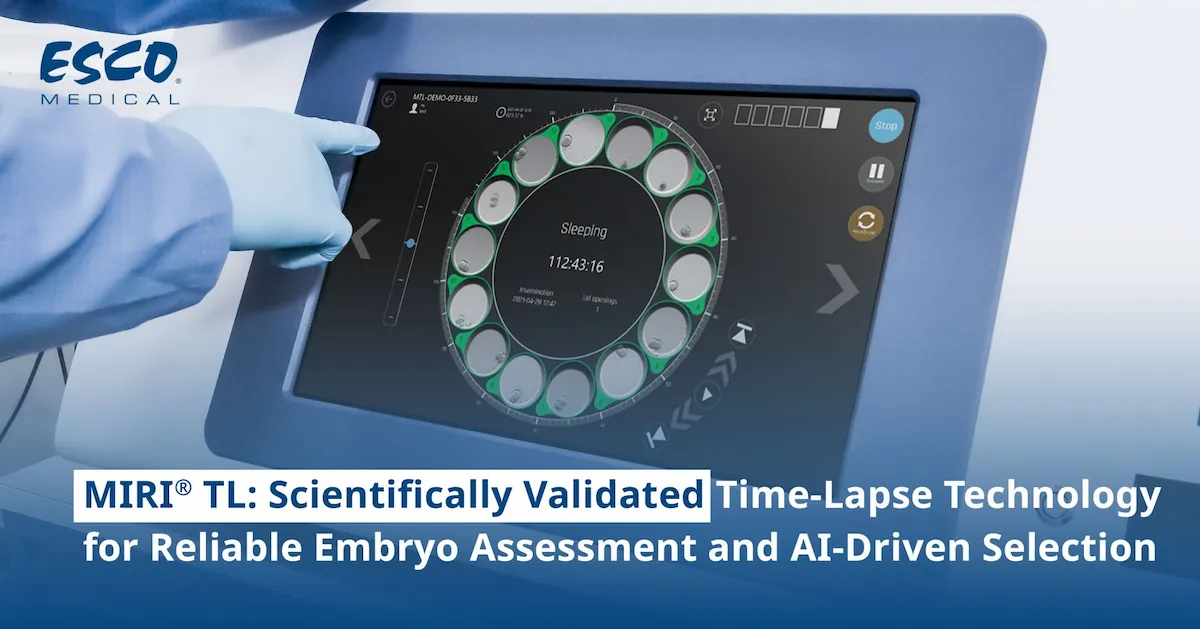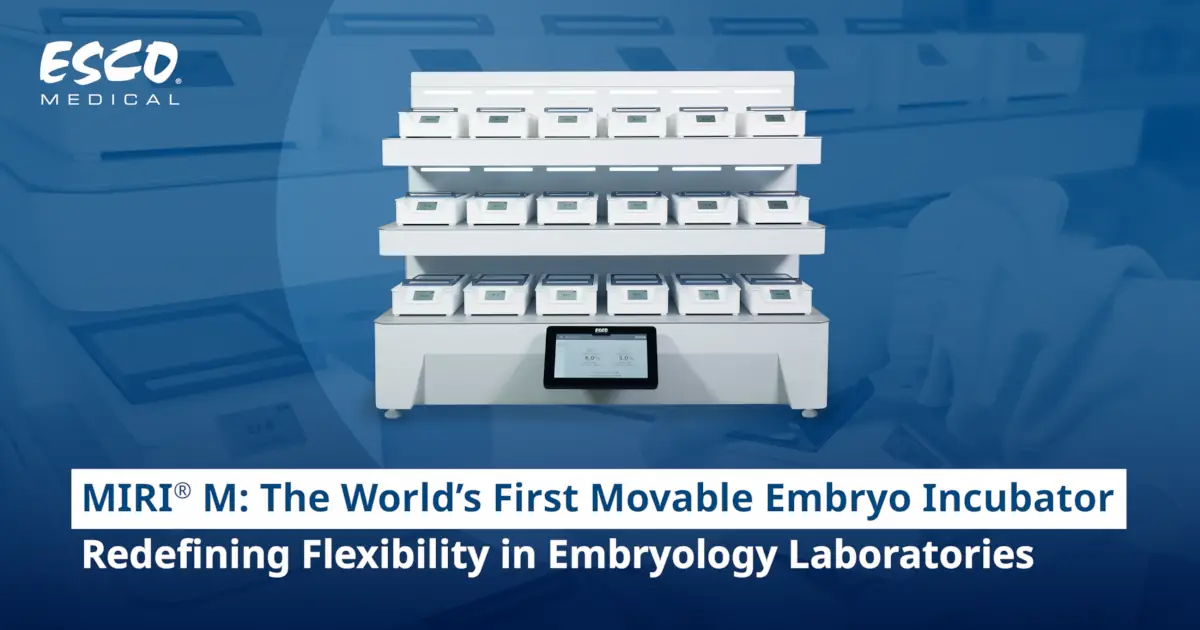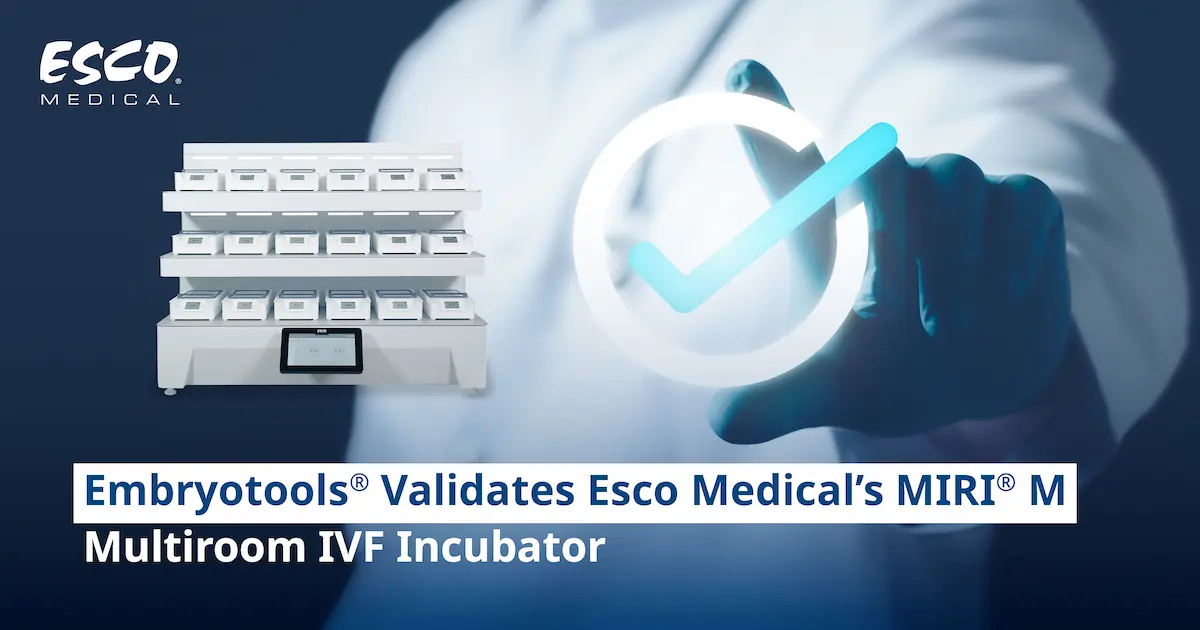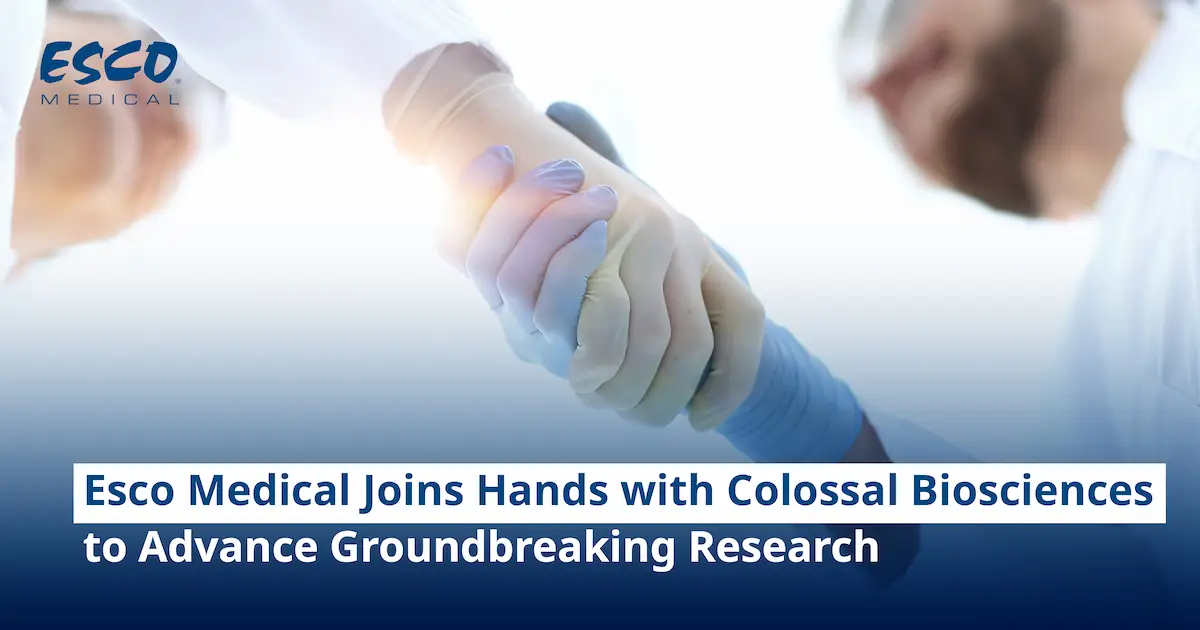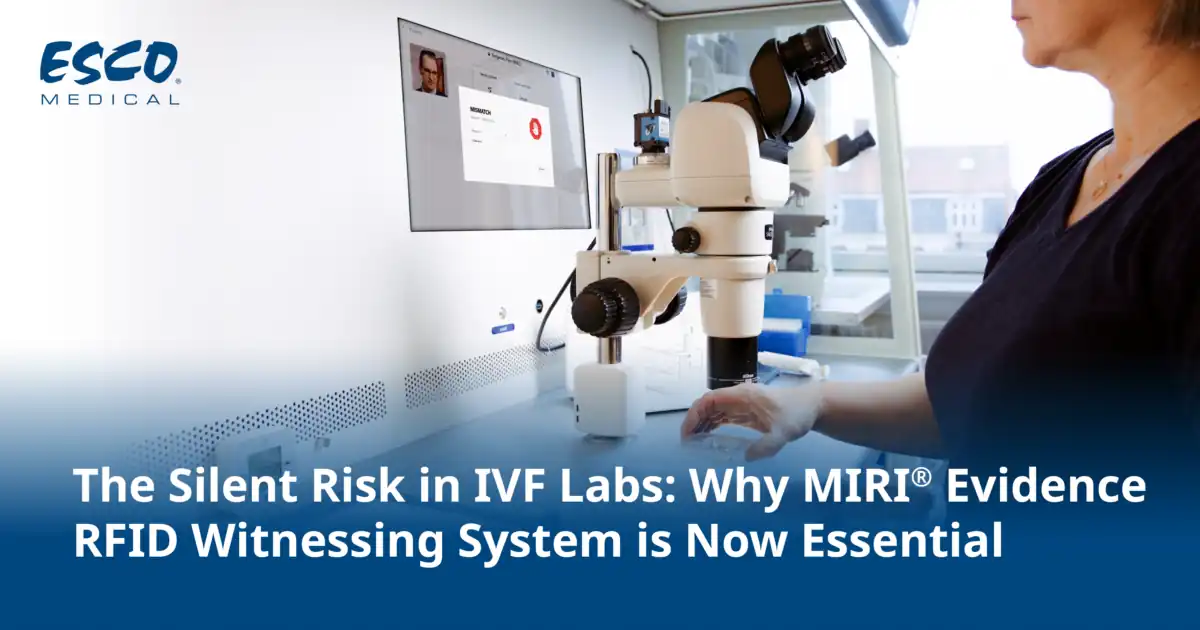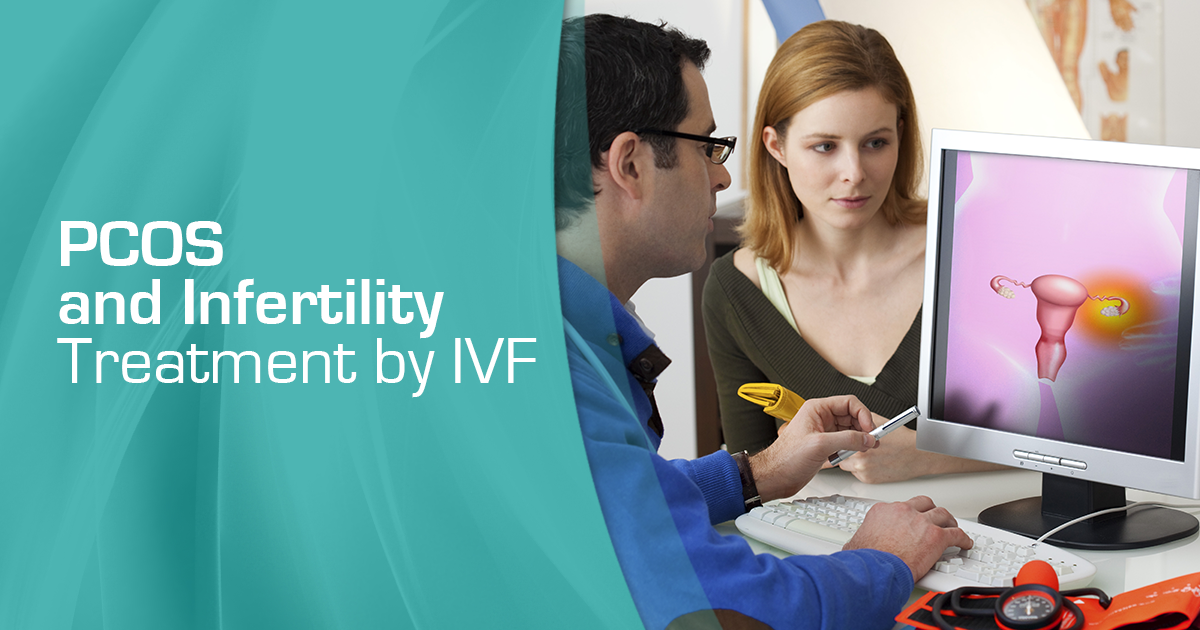
Polycystic Ovarian Syndrome (PCOS) is a very common hormonal disorder among women of reproductive age. There are varying symptoms experienced and its general prevalence is assumed to be between 3% and 10%. A study by Wolf et al. (2018) was designed to determine the geographical prevalence of PCOS based on region and race/ethnicity and they have included studies that utilized the three sets of diagnostic criteria (NIH 1990, Rotterdam 2003, AE-PCOS Society 2006) available. Each diagnostic criterion has some similarities with determining the presence/absence of PCOS wherein all criteria included hyperandrogenism and the study also mentioned an update with diagnostic criteria by NIH2012/International PCOS Guidelines last 2018. In this review, a study reported national prevalence as low as 1.6% using a combination of all three criteria and another having as high as 6.6% using NIH 1990 in similar American populations. With inconsistencies like these mentioned in this review, Wolf et al. have inferred that the existing data is not conclusive enough to determine a significant difference in the prevalence of PCOS based on region and race/ethnicity.
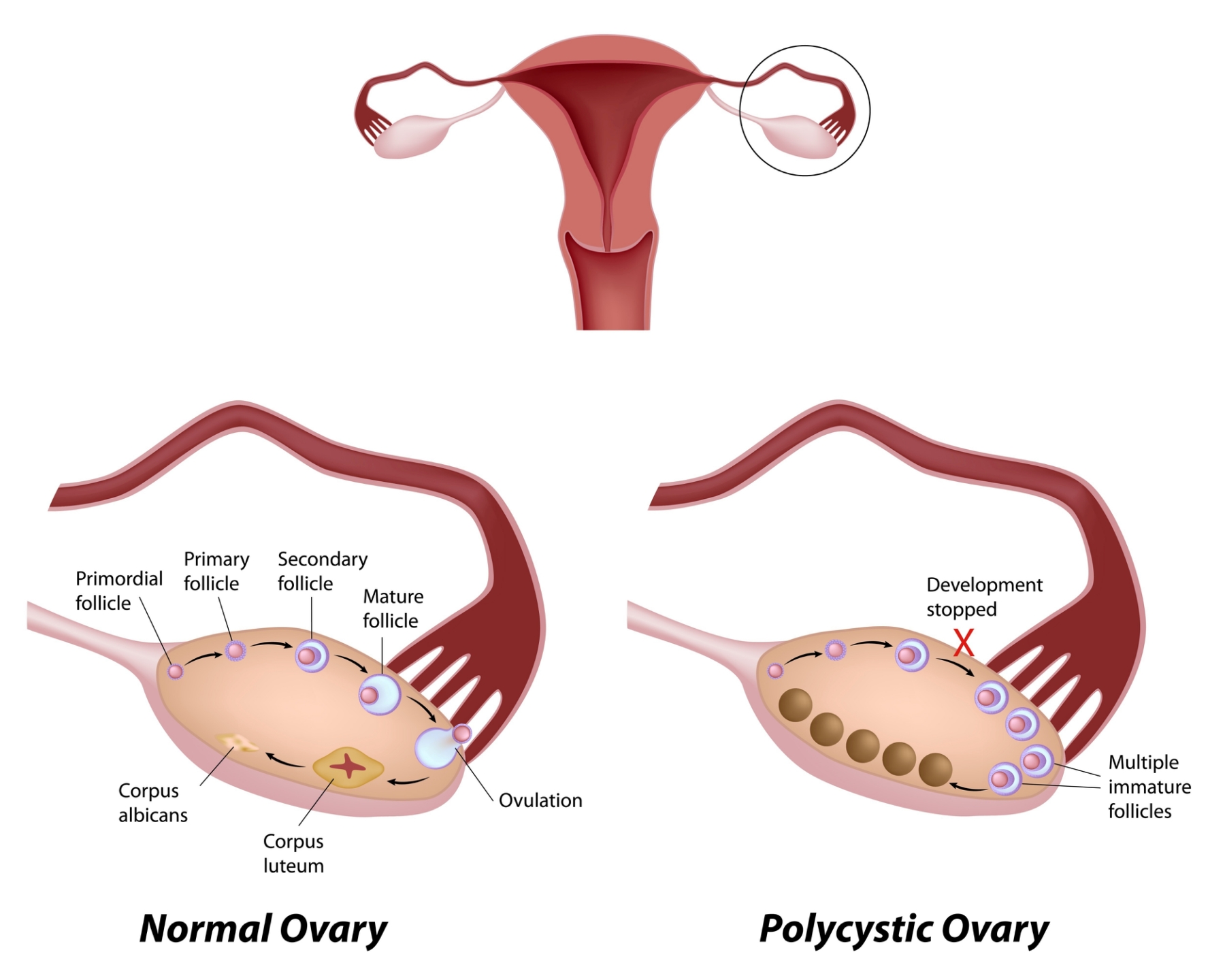
PCOS is generally managed by having changes in lifestyle such as maintaining healthy weight and elimination of bad habits like smoking and alcoholic drinking. Aside from hyperandrogenism, PCOS can also be diagnosed by the presence of polycystic ovaries that are follicles containing immature eggs that cause irregular or skipped periods. With IVF some of the follicles containing these immature eggs can be stimulated with the introduction of FSH and can be harvested for ICSI or IVF. Although not all follicles are guaranteed to contain mature eggs, In vitro maturation (IVM) can be performed for them to reach the metaphase 2 (M2) stage. Some common incubators used for IVM are multiroom incubators or time-lapse incubators which ensure optimum incubation parameters for oocytes and embryos post-ICSI/post-IVF.
Esco Medical has its line of multiroom incubators (dry, humidified, and time-lapse incubators) that can help treat infertility caused by PCOS. One of which is the MIRI® Time-Lapse Incubator, a multiroom incubator with a built-in camera and microscope. Designed and manufactured in EU, the MIRI® Time-Lapse Incubator provides high-quality time-lapse images of embryos developing in "real-time" without having to remove the embryos from the safety of the incubation chamber for manual microscopy. Time-lapse embryo monitoring provides detailed morphokinetic data throughout embryo development, which is not available on routine spot microscopic evaluation. This allows all important events to be observed, helping to identify healthy embryos with the highest probability of implantation, to achieve higher pregnancy rates.
Esco Medical will always create innovations and provide world-class solutions for our customers and infertile couples worldwide.
